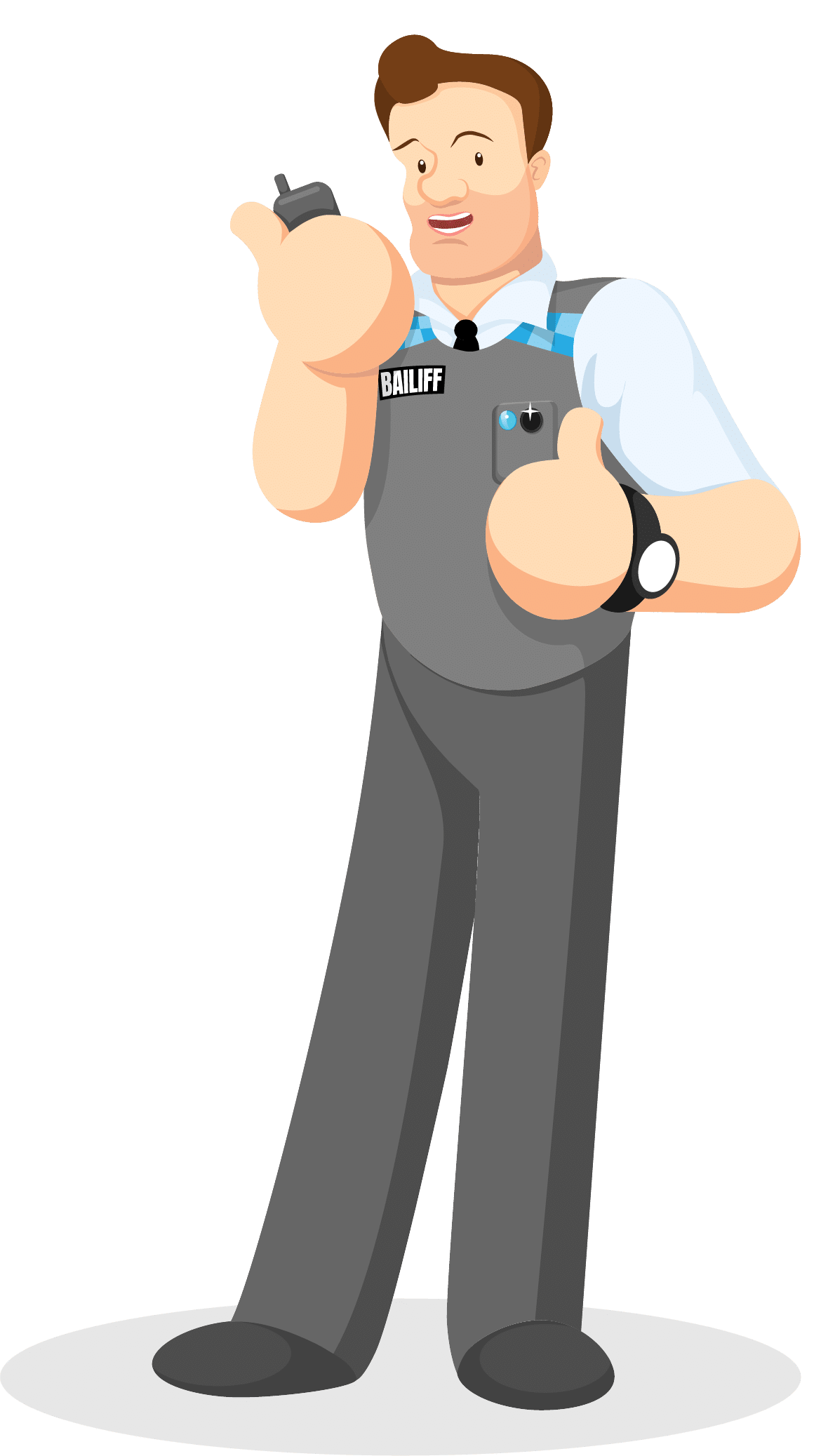Income Tax / HMRC Debt Help & Advice
Income Tax debt is considered a high priority debt together with National Insurance, VAT arrears, and tax credit overpayments. They are considered a priority debt as the consequences of not paying them can be quite serious for you and your family.
Income tax debt is part of Her Majesty’s Revenue and Customs (HMRC), and not being able to pay them can lead to court action against you, confiscation of your assets or even jail. It is vital as you can imagine getting control of what you owe.
How to get control of your Income-tax debt and other HMRC debts:
First, Make sure what you owe is right
It is important to make sure that you have provided the HMRC with the correct figures for your business income and expenses. A small mistake in this aspect can lead to you paying more than you should. In most cases, an accountant can help you with advice, information and the right calculations to avoid overpaying.
Second, make sure you keep your budget as simple as possible. It is important to have a budget where you can plan your potential income and how are you going to pay for your debt during the next month or year. You need to know or calculate the amount you pay yourself each month, whether it is a fixed amount or a percentage of the business profits.
Next, you should note down any expenses that you have monthly concerning your lifestyle and your family’s needs. You can also add any other debts you have (like credit cards, mortgage, etc) here and you plan to pay them in the next few months, as well as utilities and all the essentials.
Now that you have your income and your expenses you can calculate what is leftover which makes you disposable income. Based on which you will see how much are you going to be able to pay for Income Tax, which will be a percentage of the income left after your expenses.
Remember that this is an important debt and even if you are not expected to pay it in one big installment you need to plan about paying it during the year.
The next step is to set up a payment plan. This is important to be arranged directly with the HMRC agency who is responsible for collecting the payments. While setting up your payment plan make sure to avoid passing the debt from one year to the next one to avoid any accumulations which will make it harder for you to clear the debt.
Plan wisely so that you can afford to pay your debt on time without putting too much pressure on your lifestyle or your family needs. In any case, make sure to be correct with your payments month in month out.
Finally, the most important step in clearing your Income-tax debt or any other HMRC debt is to keep an open communication with the organization. If you find out you are struggling to pay an installment it is advised that you contact them. They might prolong your due date which is always better than overcharging you.
If you have a delay in your payments or if you completely fail to pay your installments it is better for you to know in advance if there are any fines you should pay so make sure to stay in touch with the organization.
Consequences of not paying your Income Tax debt:
As we already mentioned all the HMRC debts are considered high priority. The main reason for this is that the organization will take serious action against you if you fail to pay your debt on time. To begin with, fines may apply which will increase the overall amount to be paid. Next court action might be taken against you which can put your property, business, and other assets at risk. Not to mention the possibility of imprisonment if you fail to pay any of the payment plans you will be offered by the court.
If you are unable to pay your Income Tax you might file for bankruptcy, but only if you owe more than £5,000. Which will have even harsher consequences on your overall financial situation. Any property that you own will be sold to pay for your debt and it might become very hard for you to gain any credit again. Even if you start a new job the organization has the right to take part in your salary to pay for the debt.
Tax Income and other HMRC debt should be your priority
If you are having trouble paying your debt to the HMRC you must contact them openly and directly and seek to reevaluate your payment plan. Make sure to pay what you can afford which is always better than not paying at all.








